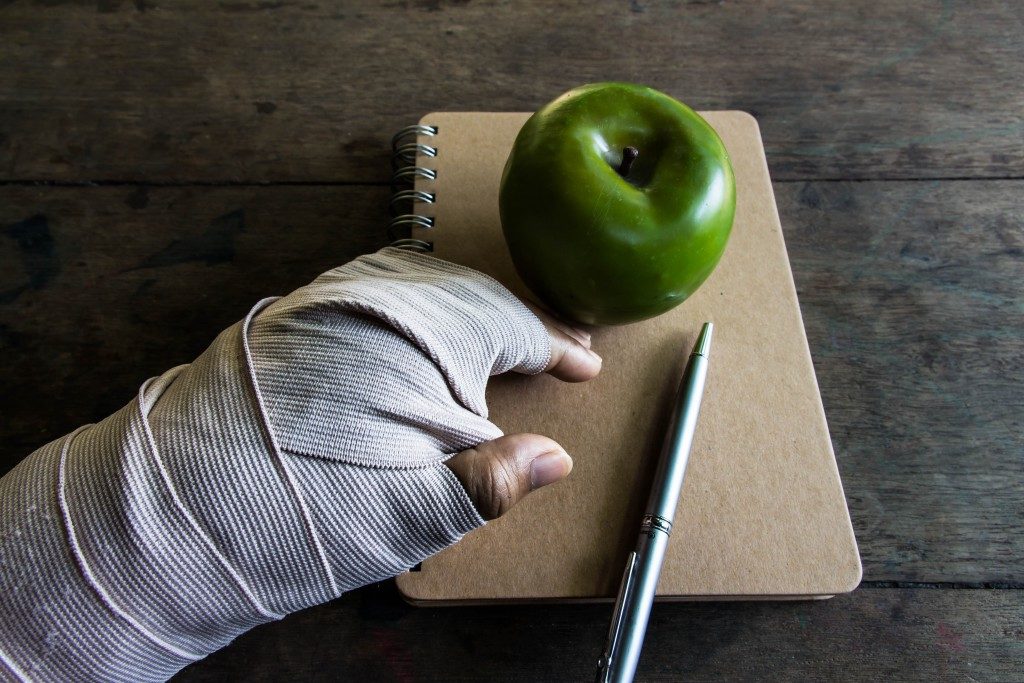In general, when you file a lawsuit or insurance claim for personal injury, it means that you must demonstrate to the court that the defendant did something wrong. For example, the owner of a restaurant failed to mop up spilt water that caused you to slip and fall, or a drunk driver ran a red light that led to an auto accident that injured you and damaged your vehicle.
But did you know that the defendant could likewise accuse you of failing to mitigate the accident’s negative consequences? This is what’s known as the duty to reduce or mitigate damages.
Understanding the Duty to Reduce Damages
Essentially, you need to take reasonable steps to mitigate or reduce your damages, including compensable losses such as hospital bills, job loss, and other adverse effects of your injury. These reasonable steps basically refer to anything that a rational individual given the same set of circumstances would’ve done, after taking into account all relevant details.
For example, let’s say you injured your arm. While you don’t necessarily need to obtain treatment from the best orthopedic doctor in the world, the reasonable thing for you to do is to seek treatment from a reputable orthopedic doctor after getting injured, especially if you have already seen your primary physician and recommended that you seek treatment from a specialist.
In this case, the duty to reduce damages basically means that you’re expected to do everything that you reasonably can to try and make sure that your damages don’t accumulate too much. For this reason, you should speak to your personal injury attorney here in Salt Lake City for this.
Reducing Related Damages

When your injury makes you incapable of working, you may be able to seek compensation for lost income. However, keep in mind that the duty to reduce your damages will still apply to your lost income or days that you should have been productive.
For example, you can’t just wait for your injury to heal and wait for your financial losses to accumulate and not try to find some kind work that you can reasonably do given the extent of your injury. In the same vein, you also have a duty to reduce property damage.
And if your car sustained damages in an auto accident, you should have the damage fixed as soon as you can to prevent it from sustaining further damage. For example, you should ideally replace or repair a broken windshield, so your car’s interior doesn’t sustain further deterioration if it rains.
What Happens if You Fail to Reduce Damages
Failing to reduce your damages might negatively impact the damages you could potentially recover. If your case goes to court, in the event that the defendant can prove to the court that you did not act reasonably to reduce your damages following the accident, the damages you stand to receive will most likely be reduced even if the court finds the defendant responsible for the accident.
Put simply, you are entitled to receive claimed damages due to the accident that caused your injury, but not the damages that can be attributed to your failure to reduce damages.






